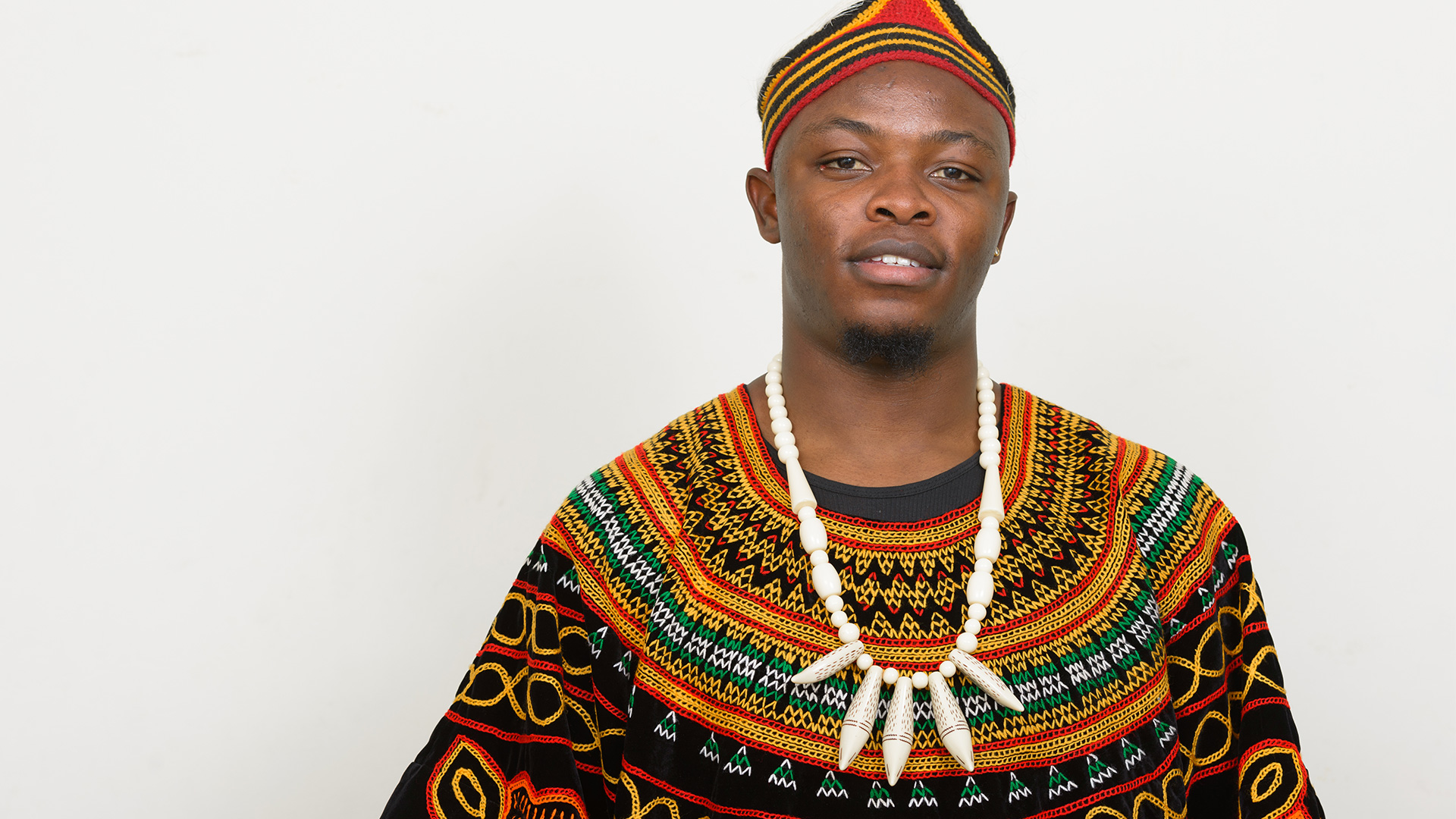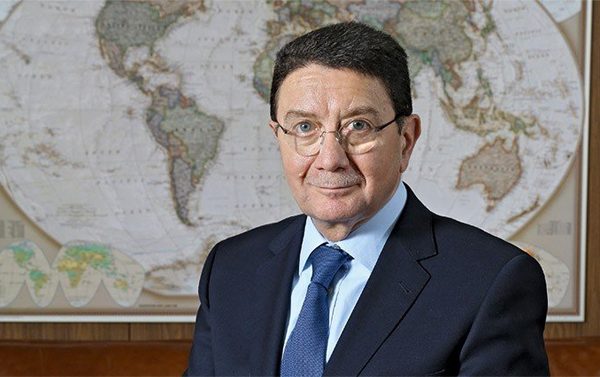Tourism in Cameroon is a growing but relatively minor industry.
Since the 1970s, the government of Cameroon has cultivated the industry by creating a ministry of tourism and by encouraging investment by airlines, hotels, and travel agencies.
In Africa, Cameroon represents a country of its own, enriched with a cultural diversity. This exceptional heritage offers a mosaic of cultures for the satisfaction of all tourist expectations. In short, the outstanding originality of the country is expressed in its cultural diversity.
Cameroon has received some international attention following the relative success of its football team. It has qualified for the FIFA World Cup on a number of occasions. Its most notable performance was at Italia 90, when the team beat Argentina, the then reigning Champions in the opening game; Cameroon eventually lost in extra time in the Quarter Finals to England.
The government describes the country as “Africa in miniature”, promoting its diversity of climate, culture, and geography.
Cameroon’s wildlife draws both safari-goers and big game hunters as Cameroon is home to many of Africa’s iconic animals: cheetahs, chimpanzees, elephants, giraffes, gorillas, hippopotami, and rhinoceroses. Impediments to further growth of the tourism sector include poor transport infrastructure and corrupt officials.
Tourism infrastructure in Cameroon has steadily improved.
Most visitors to the country come from France, the United Kingdom, and Canada. Business travellers make up one of the largest segments of Cameroon’s tourists. The industry has made significant strides since the 1990s. Cameroon is primarily French-speaking, but two provinces, the Northwest and the Southwest provinces, are English-speaking.







